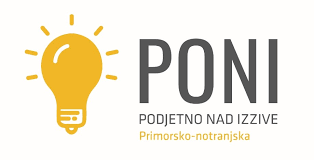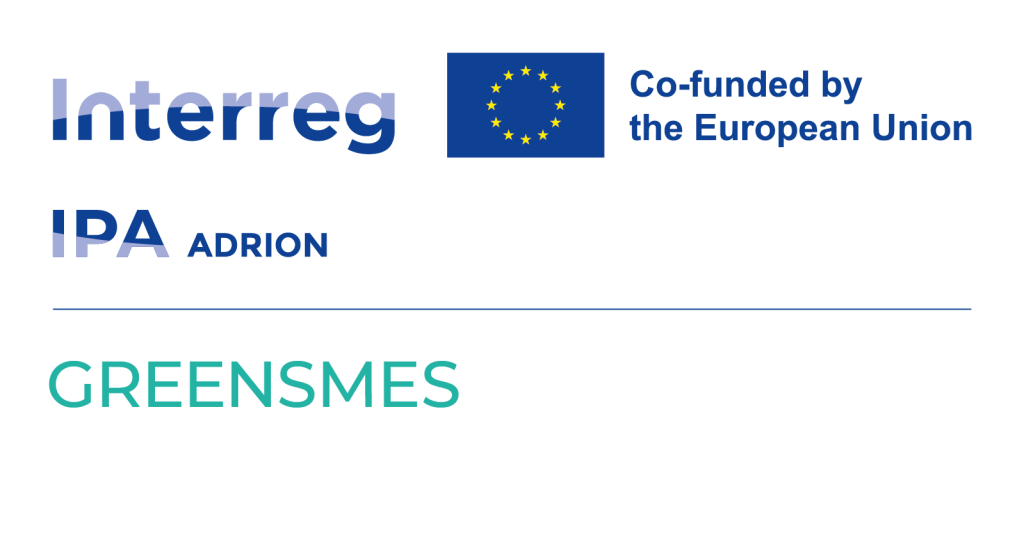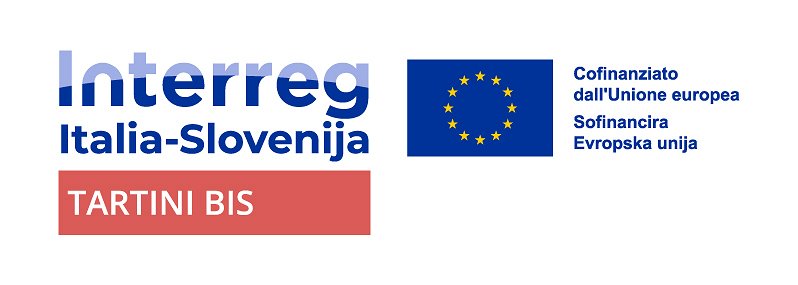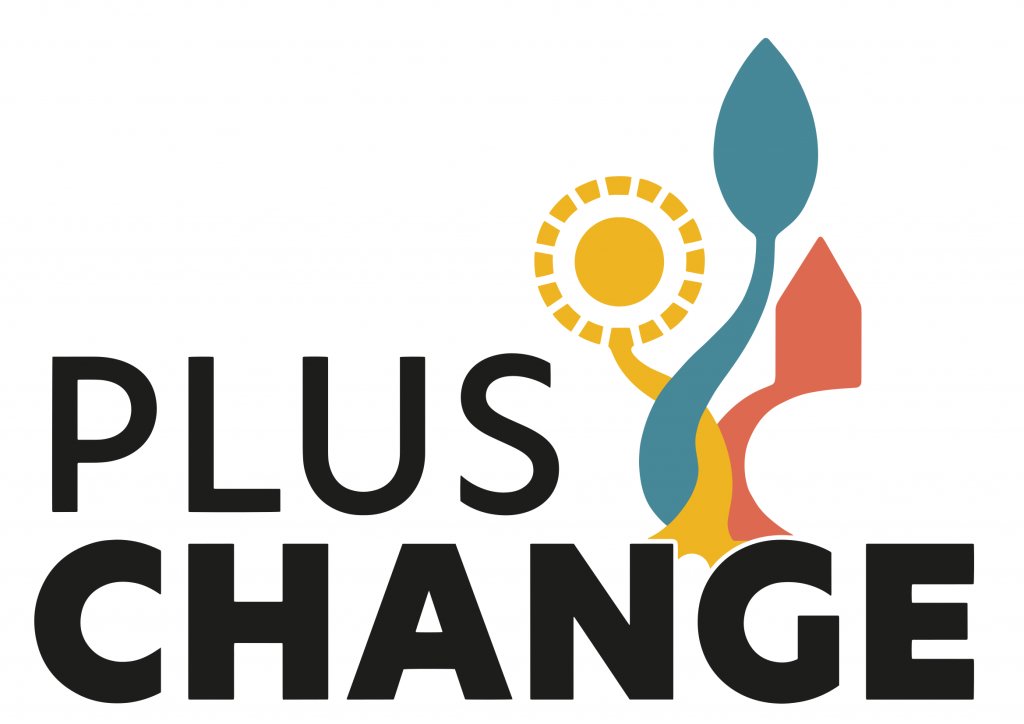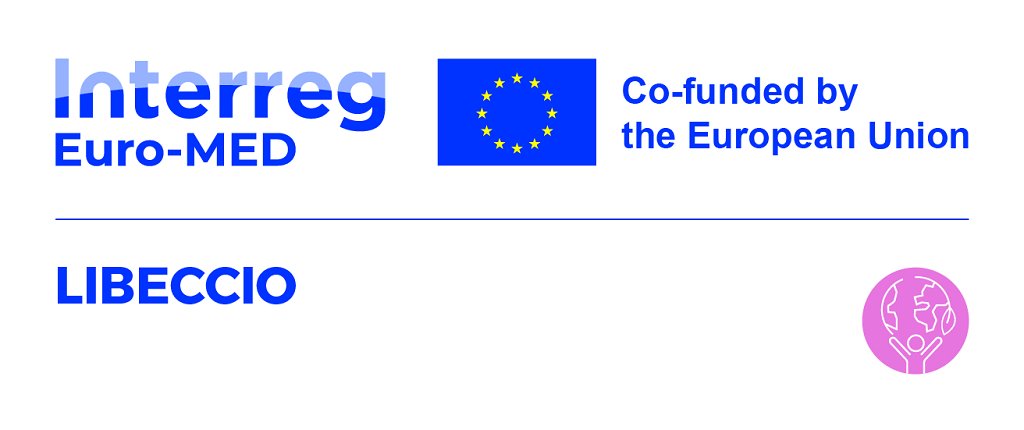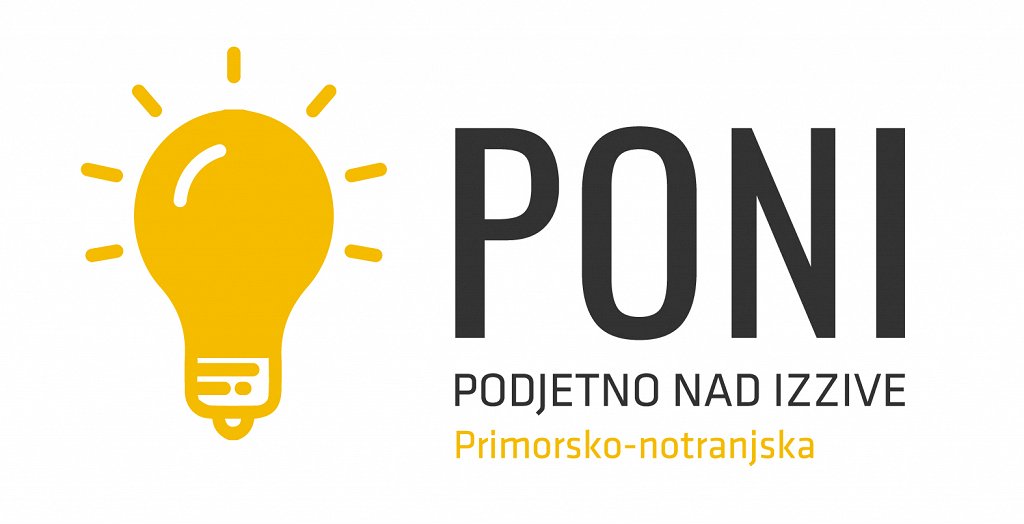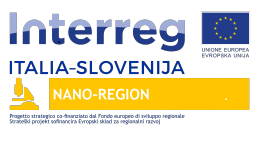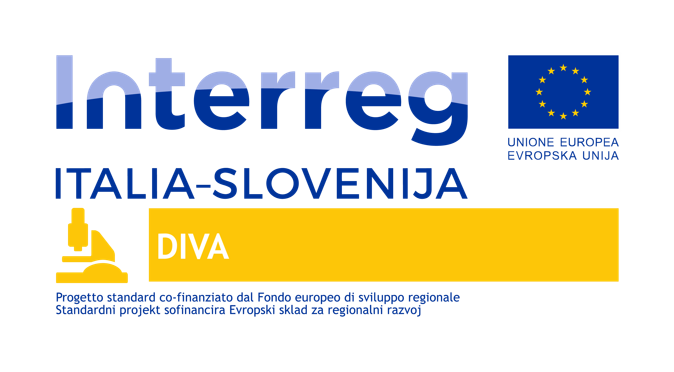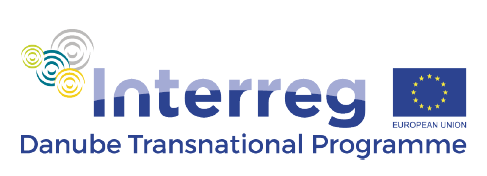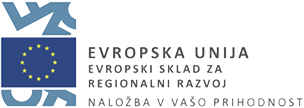IMMENSITY - Immigrant\'s Entrepreneurship for Socio-Economic Cohesion and Improvement of Living StandardsProgramme
INTERREG III B – CADSES
Duration
from 01.09.2006 to 29.02.2008
Area
Human resources
Description
The need for socio-economic inclusion of immigrants and minorities and the reduction of migration waves are challenges which are widely recognised throughout the EU. The IMMENSITY project involved both host countries and the immigrants' countries of origin, because both have to face the consequences connected with immigration. One problem is that, in comparison to the rest of the population, the share of the self-employment among economic immigrants is very low due to a lack of adequate skills. In Greece, for example, 25% of the people registered in the Social Insurance Institute are economic immigrants, repatriates and refugees. Less than 0,5 % of them are entrepreneurs (the data from 2006). This signifies a crucial imbalance with impact on the whole local, regional and national economy. Similar figures can be found in other regions participating in the project. IMMENSITY aimed at overcoming this imbalance by stimulating entrepreneurship with immigrants. One characteristic feature of the IMMENSITY project was the social and economic inclusion of legal economic immigrants and repatriates in host countries, with a specific focus on women. This was stipulated by stimulating their entrepreneurship and self-employment potential as well as by improving the standard of living in the countries of origin through the promotion and support of the bilateral trade.
IMMENSITY’s main activities included the formulation of strategic and operational plans, the establishment of new pilot structures (Immigrant Entrepreneurs’ Reception Offices) and strengthening of links to the immigrants' countries of origins. Among others, one long-term objective of IMMENSITY was to support immigrants in re-establishing businesses in their home countries. This was achieved primarily by the establishment of the “Immigrant Entrepreneurs’ Reception Offices” which fostered the beneficiaries’ entrepreneurship and self-employment initiatives and built upon their cultural affinity and established contacts to the countries of origin. Among others, the project aimed at the following results: - Gathering of empirical knowledge of the target groups’ profile (skills, entrepreneurial capacity and social needs in five regions), - Development of the immigrants’ and repatriates’ entrepreneurship and self-employment potentials through pilot structures providing online/offline services, e.g. information, consulting, training and business mentoring in the host countries, - Promotion of bilateral trade between countries of origin and host regions as a way to improve the quality of life in the countries of origin, - The carefully planned return of some immigrants to their countries of origin and the re-establishment of businesses in their homelands.




